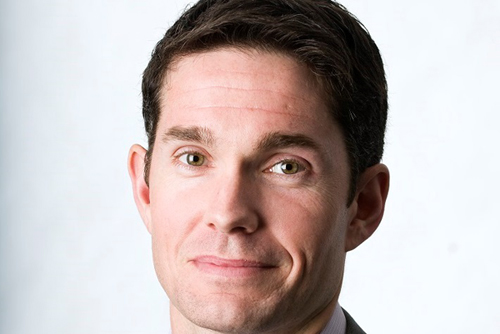Managers look to fill the gap in private credit
The global financial crisis was not all bad news. Australia and New Zealand, for instance, escaped recession. We may not have had the Royal Commission without it. And it has spawned a whole new industry sub-sector for fund managers – private credit.
As regulators around the world introduced tough new requirements on the big banks this has meant that some of their previous lending practices in the less secure parts of the market have been curtailed. Private credit managers have, to a certain extent, filled the void.
One of these, Victory Park Capital, is expanding its marketing efforts in Australia and New Zealand following the purchase of 25 per cent of the company by Australian-listed multi-affiliate manager Pacific Current Group. Victory Park was launched in 2007 and has done 110 deals with a total investment of about US$8.5 billion. It employs 50 people in Chicago, the headquarters, and New York, Los Angeles and San Francisco.
Brendan Carroll, a co-founder alongside Richard Levy – the two had worked together at Magnetar Capital, a hedge fund manager – said on a visit to Australia last week that they started the firm with a simple thesis: to provide capital where the banks were no longer doing so.
Initially, they focused on areas where the big banks had traditionally avoided anyway, but as the banks pulled back they increasingly found themselves in the larger market segments. Roughly two-thirds of Victory Park’s portfolio is in financial services, loosely defined to include investments in loans for insurance, factoring, real estate, medical receivables and litigation financing.
“When we started out not many big investors had a ‘bucket’ for private credit,” Carroll says. “Now it’s much more common, or they may have a sub-set of their fixed income portfolio set aside for it. It’s becoming a larger and larger category.”
About a quarter of its portfolio resides outside the US. It manages money for the World Bank’s International Finance Corporation, for instance. It has also had an investment in Australia, which has recently been refinanced. But most of the dealflow is through the US.
The loans are typically floating rate, so there is little-to-no duration risk for investors. Investors are keen to have very short duration loans on their books in the current market conditions. “The short duration is a big part of our play,” Carroll says. “We also work closely with the companies. We get involved to reduce the risk of defaults.”
Victory Park is currently working on building an index to use as a benchmark. Carroll says the hardest part of this, for the quant analysts who have been given the task, is to come up with the base line to start with.
“We look for higher income streams and with downside protection,” he says. “We take advantage of opportunities as they come along.”
– G.B.










